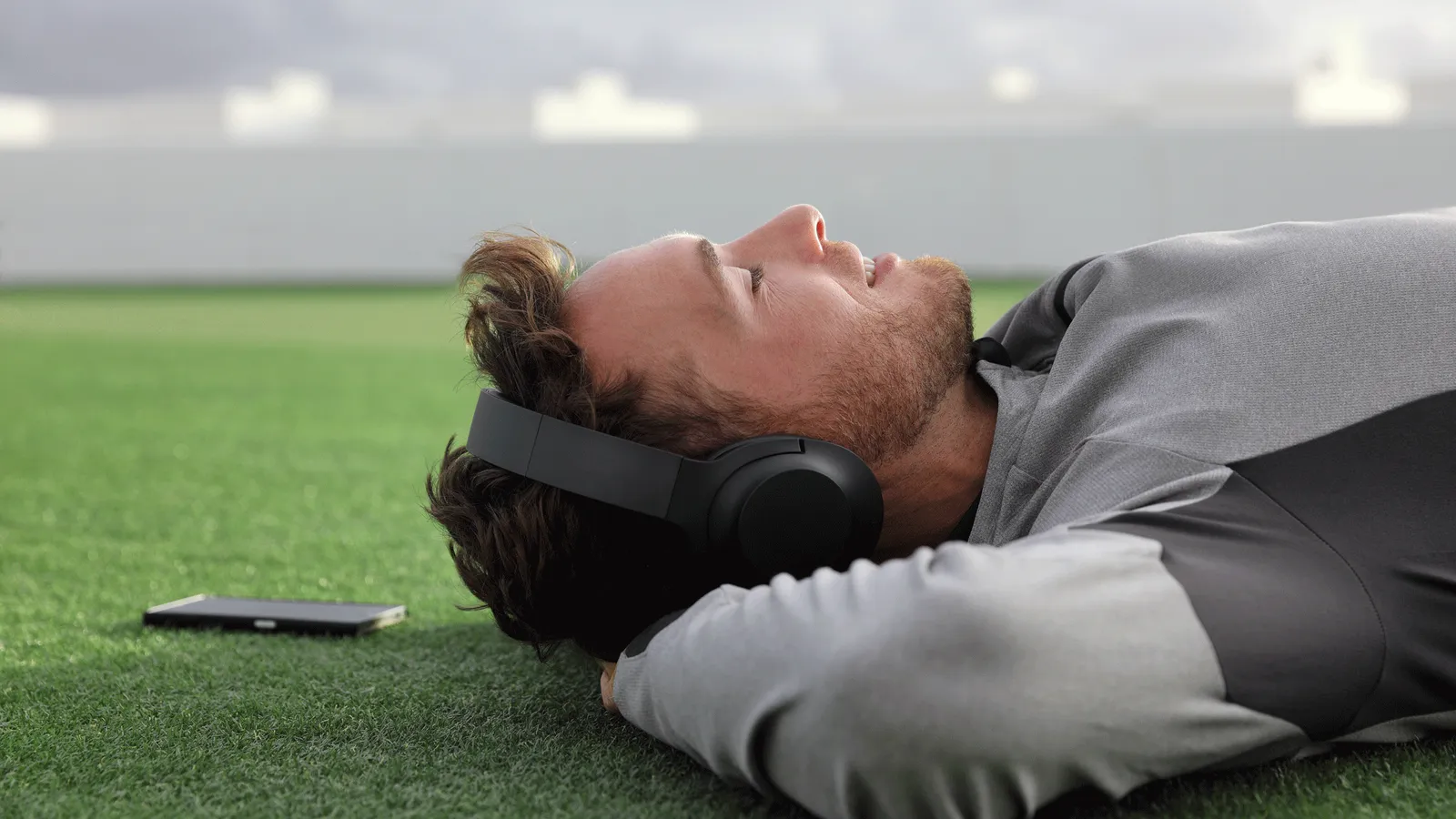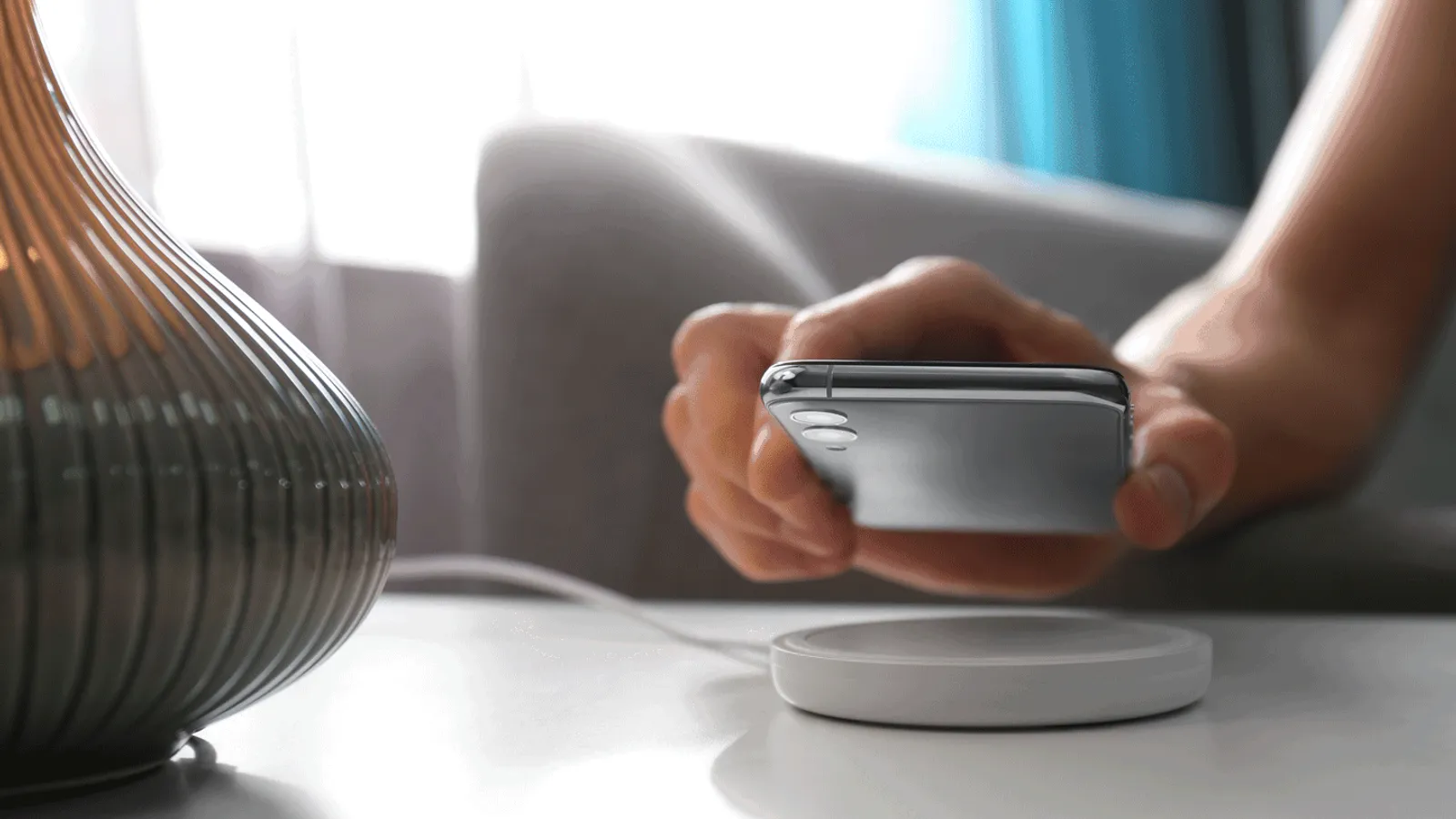
A'ja Wilson
“Mental health is just as important as physical health, especially in high-pressure moments,” said A’ja Wilson, forward for the Las Vegas Aces. “I’ve learned to prioritize my peace, whether that’s through therapy, meditation or leaning on my support system. I’m proud to partner with the Ad Council on the ‘Love, Your Mind’ Playbook initiative to help others do the same.”

Diego Luna

Tim Ream

Chloe Kim
“Taking care of my mental health has redefined my relationship with snowboarding,” said Chloe Kim, Team USA Snowboarder. “When I started taking steps to focus more on my mind, I rediscovered my love for the sport and changed how I looked at success. Everyone deserves to have help overcoming obstacles in life, which is why I’m partnering with the ‘Love, Your Mind’ Playbook initiative which has a variety of resources to help support overall wellbeing.”

Paige Bueckers

Quinton Byfield
“Everyone faces setbacks, not just athletes,” said Quinton Byfield, Los Angeles Kings center. “It’s important that people have access to mental health resources to cope with these challenges and that’s why I’m proud to support this initiative (the ‘Love, Your Mind’ Playbook).”

Jack Eichel

Tim O'Connell
“Seeking out a sports psychologist helped me realize that my mental wellbeing is just as important as my physical,” said Tim O’Connell, 3-time World Champion Bareback Rider. “Opening up about the challenges I was going through helped me see how beneficial it was to my mental wellbeing. Partnering with the ‘Love, Your Mind’ Playbook initiative is a point of personal pride for me because I want others to have help overcoming obstacles."

Russell Wilson

Ali Truwit
“Throughout my career, I’ve learned just how powerful the mind can be in achieving your goals,” said Paralympic swimmer Ali Truwit. “One tool that’s helped me manage my mental health on a day-to-day basis is repeating positive mantras. Anyone who is curious about mantras, or wants to find other coping mechanisms, can check out the ‘Love, Your Mind’ Playbook, a new mental health initiative that I’m proud to partner alongside.”

Karl-Anthony Towns

Noah Lyles

Coby White

Bijan Robinson

Macey Hodge
“As a young athlete, I’ve learned that mental health isn’t just a side conversation, it’s central to how we show up every day,” said Macey Hodge, Angel City FC Midfielder. “Whether it’s journaling, breathing or talking to someone I trust, I’ve found ways to care for my mind. I’m proud to be part of the ‘Love, Your Mind’ Playbook initiative and help others find what works for them.”

Alex Bowman
"Everyone handles things differently," said Alex Bowman, driver of the No. 48 Ally Chevrolet for Hendrick Motorsports. "It's important to look out for yourself and the people around you. I'm proud to team up with the Ad Council on the 'Love, Your Mind' Playbook to help encourage others to take that time for themselves and find support when they need it."

Francisco Lindor
“Some people call me ‘Mr. Smile,’ but that nickname didn’t come naturally, it came from putting in work to take care of my mental health,” said Francisco Lindor, shortstop for the New York Mets. “There are ups and downs in baseball and in life, and the only way to stay grounded is by being kind to yourself and being open to asking for support. That's why I’m proud to partner with the Ad Council on its ‘Love, Your Mind’ Playbook , along with so many other athletes to help spread that message.”























